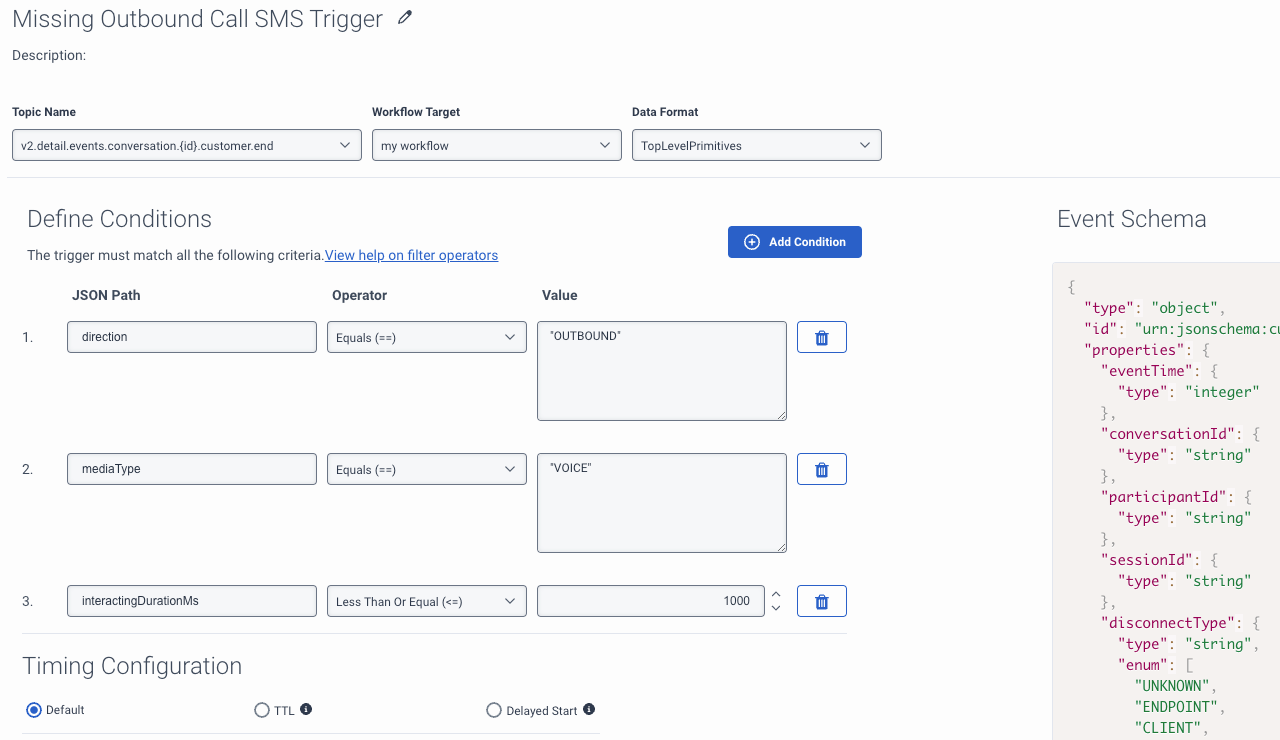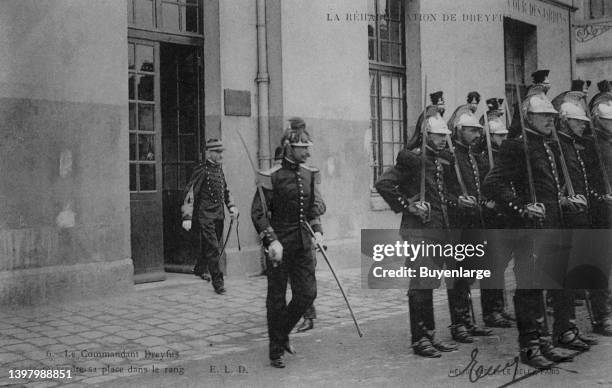The Agony Of Waiting: My Phone And The Unanswered Call

Table of Contents
The Psychological Toll of an Unanswered Call
Waiting for an important call can be surprisingly taxing. The unanswered call triggers a cascade of negative emotions, impacting our mental well-being and productivity.
Anxiety and Uncertainty
The simple act of waiting for a call can trigger significant anxiety and uncertainty. This is amplified if the call concerns a job interview, medical results, or other high-stakes situations. Anticipating bad news fuels this anxiety, leading to a heightened state of stress. Cognitive biases, such as confirmation bias (seeking out information confirming our fears), further amplify these negative thoughts.
- Increased heart rate and restlessness: Physical manifestations of anxiety are common.
- Difficulty concentrating: It's hard to focus on anything else when you're expecting an important call.
- Sleep disturbances: Worries can keep you up at night.
The Power of Speculation
Our minds, left to their own devices during the wait, often create a whirlwind of scenarios, both positive and negative. This speculation, while sometimes helpful in preparing for different outcomes, frequently spirals into overthinking. Common negative thought patterns include:
- Catastrophizing: Assuming the worst-case scenario, even without evidence.
- Personalization: Blaming yourself for the unanswered call.
- All-or-nothing thinking: Seeing the situation in black-and-white terms.
This overthinking can significantly impact our emotional state, leading to increased stress and anxiety.
Impact on Productivity and Focus
The anticipation of an important call significantly impacts concentration and work performance. The constant checking of your phone, the intrusive thoughts, and the overall feeling of unease make it difficult to focus on tasks at hand. This can lead to decreased productivity and potentially errors in your work.
- Reduced attention span: It's hard to maintain focus when your mind is elsewhere.
- Missed deadlines: Procrastination and distraction can lead to missed deadlines.
- Errors in work: Lack of focus can result in mistakes and decreased quality of work.
To mitigate this, try techniques like the Pomodoro Technique (working in focused bursts with short breaks), mindfulness exercises, or simply stepping away from your work temporarily to clear your head.
Practical Strategies for Managing the Wait
While completely eliminating the anxiety associated with an unanswered call might be impossible, we can implement strategies to manage the wait more effectively.
Distraction Techniques
Engaging in activities that divert your attention is crucial. These can include:
- Exercise: Physical activity releases endorphins, reducing stress.
- Hobbies: Immersing yourself in a hobby can provide a much-needed distraction.
- Social interaction: Spending time with loved ones can offer comfort and support.
- Mindfulness and meditation: Practicing mindfulness can help you stay grounded in the present moment, reducing overthinking.
Setting aside specific times to check your phone, rather than constantly monitoring it, is also highly beneficial.
Communicating Expectations
Proactive communication can significantly reduce anxiety.
- Setting clear expectations: When making the initial call, clearly state when you expect a return call.
- Having a backup plan: Have alternative communication methods ready (email, text).
- Following up appropriately: A polite follow-up call or email after a reasonable time is acceptable.
Open communication minimizes uncertainty and reduces the feeling of being left in the dark.
Utilizing Technology to Reduce Uncertainty
Technology offers several tools to reduce wait times and uncertainties.
- Call-back services: Many services allow the recipient to schedule a call-back at a more convenient time.
- Automated messaging: Set up automated responses for frequently asked questions.
- Instant messaging: Use text or chat applications for quick updates.
Each method has its pros and cons – consider which best suits your situation.
When an Unanswered Call Becomes a Problem
While some unanswered calls are simply due to busy schedules, others require immediate attention.
Recognizing Red Flags
Certain situations necessitate urgent action:
- Missed appointments: If a missed call concerns an important appointment, immediately try alternative methods to contact the person.
- Urgent situations: If the call concerns a medical emergency or other urgent matter, escalate the situation immediately.
Don't hesitate to use other methods to reach the individual if the unanswered call persists.
Seeking Support
If the anxiety related to unanswered calls becomes overwhelming, don't hesitate to seek support:
- Professional help: A therapist can provide coping mechanisms for anxiety.
- Support networks: Talk to friends, family, or a support group about your feelings.
- Stress management resources: Utilize online resources or apps designed to help manage stress and anxiety.
Remember, you're not alone in experiencing the stress of an unanswered call.
Overcoming the Agony of Waiting for That Unanswered Call
Dealing with unanswered calls is a common frustration, triggering a range of emotions from mild anxiety to significant stress. By understanding the psychological impact of waiting and employing practical strategies like distraction techniques, proactive communication, and utilizing technology, you can significantly reduce the negative effects. Learning to recognize when an unanswered call warrants further action and seeking support when needed is also crucial. Share your experiences and coping mechanisms for dealing with unanswered calls in the comments below – let's create a community to support each other in managing unanswered call anxiety!

Featured Posts
-
 2026 Porsche Cayenne Ev Spy Shots What The Images Reveal About The Upcoming Model
May 24, 2025
2026 Porsche Cayenne Ev Spy Shots What The Images Reveal About The Upcoming Model
May 24, 2025 -
 Dreyfus Case A Modern Examination Of Justice And Military Honor In France
May 24, 2025
Dreyfus Case A Modern Examination Of Justice And Military Honor In France
May 24, 2025 -
 I Piu Ricchi Del Mondo Nel 2025 La Classifica Forbes Aggiornata
May 24, 2025
I Piu Ricchi Del Mondo Nel 2025 La Classifica Forbes Aggiornata
May 24, 2025 -
 Bbc Radio 1 Big Weekend 2025 Your Guide To Getting Tickets
May 24, 2025
Bbc Radio 1 Big Weekend 2025 Your Guide To Getting Tickets
May 24, 2025 -
 Kakuyu Rol Olega Basilashvili Vy Znaete Luchshe Vsego Test
May 24, 2025
Kakuyu Rol Olega Basilashvili Vy Znaete Luchshe Vsego Test
May 24, 2025
Latest Posts
-
 Philips Announces Results From Annual General Meeting Of Shareholders
May 24, 2025
Philips Announces Results From Annual General Meeting Of Shareholders
May 24, 2025 -
 Amsterdam Stock Markets 7 Fall Reflecting Global Trade War Fears
May 24, 2025
Amsterdam Stock Markets 7 Fall Reflecting Global Trade War Fears
May 24, 2025 -
 Philips 2025 Annual General Meeting Key Updates And Agenda
May 24, 2025
Philips 2025 Annual General Meeting Key Updates And Agenda
May 24, 2025 -
 Philips Shareholders Meeting A Summary Of The Proceedings
May 24, 2025
Philips Shareholders Meeting A Summary Of The Proceedings
May 24, 2025 -
 Significant Drop In Amsterdam Stock Market Trade War Concerns Escalate
May 24, 2025
Significant Drop In Amsterdam Stock Market Trade War Concerns Escalate
May 24, 2025
